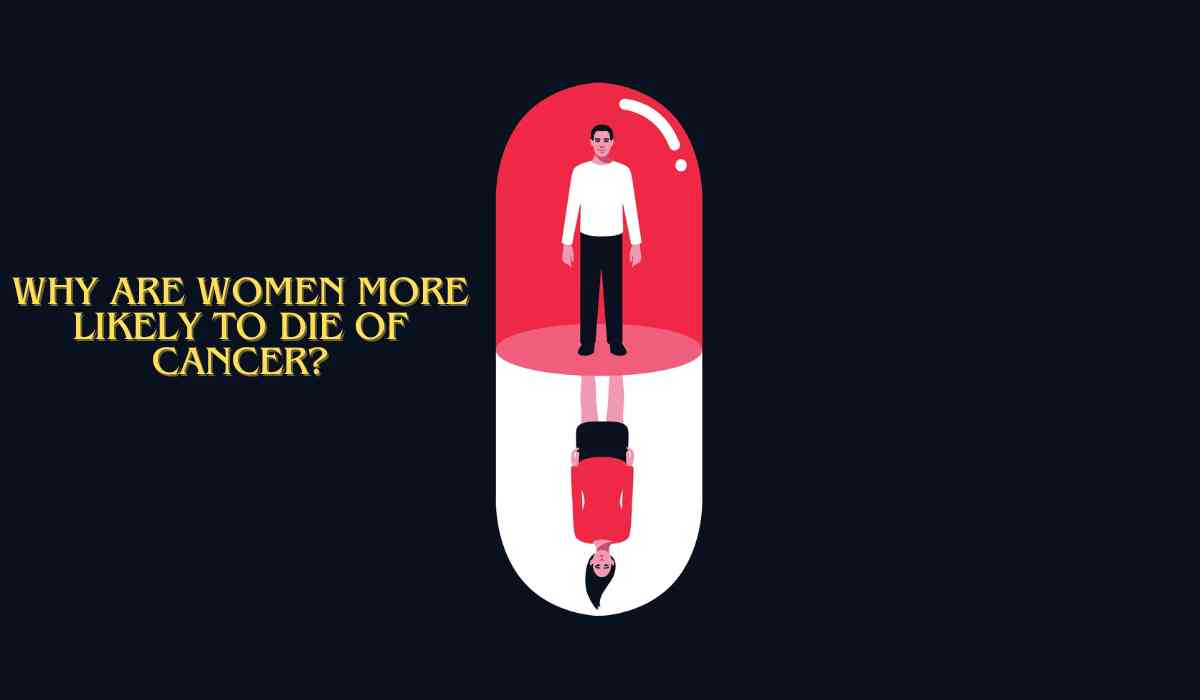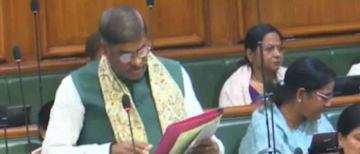The chasm of disparity faced by Indian women has once again surged into the spotlight, casting a stark glare on the harrowing realities of gender discrimination. The Lancet, a stalwart in medical research, recently thrust the spotlight on an alarming reality, the disproportionate toll of cancer on Indian women.

Titled ‘Women, Power and Cancer’, their report laid bare a staggering revelation, 63% of cancer-related deaths among Indian women were preventable with proactive risk mitigation and screening.
Even more distressing, 37% of these fatalities could have been averted with timely treatment. The numbers speak volumes, but they also echo a deeper, systemic issue, the pervasive gender bias entrenched in India’s healthcare landscape.
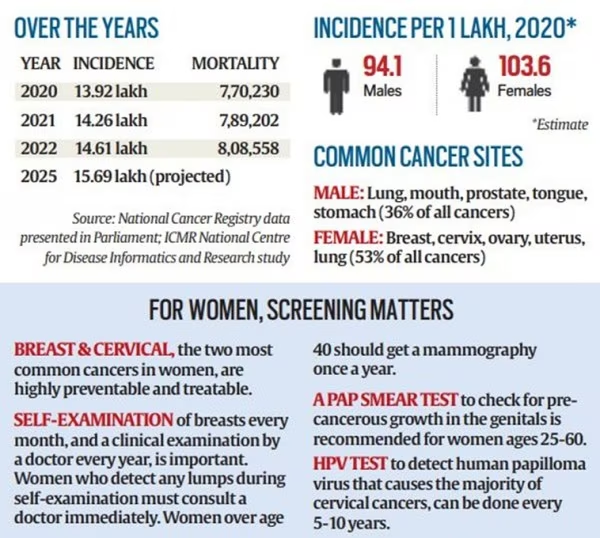
Pic Source: Lancet
Societal Bias Towards Women’s Health:
In their conclusive remarks, The Lancet researchers delve into the societal constructs that perpetuate this divide. They pinpoint the insidious influence of gender inequality and its intersection with power dynamics, which not only restrict access to crucial resources but also impact women's exposure to cancer risk factors. This inequality manifests in multiple layers, hindering access to quality healthcare services, timely information, and decision-making abilities.

The study's revelation of 4.03 million treatable cancer deaths and 6.9 million preventable cases among Indian women in 2020 is a stark reminder of societal apathy, a lack of awareness, and the absence of quality primary care. Dr. Ishu Kataria, Commissioner at Lancet, identifies family indifference, personal neglect of health concerns, and financial constraints as key contributors to this preventable loss of life.
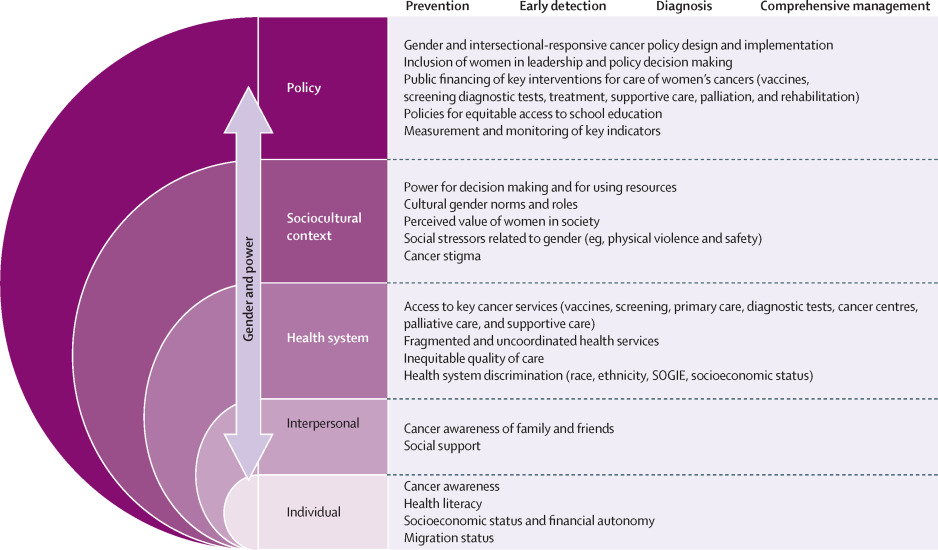
Pic Source: Lancet
Bridging The Gaps In Women's Health In India:
Dr Ishu Kataria, Commissioner at Lancet, passionately advocates for a feminist approach towards tackling cancer in India, stressing the need to prioritize women's health. The multifaceted roles women play in the realm of cancer, from patients to caregivers, policymakers, and healthcare providers, often subject them to gender bias and discrimination, impeding their access to quality care.
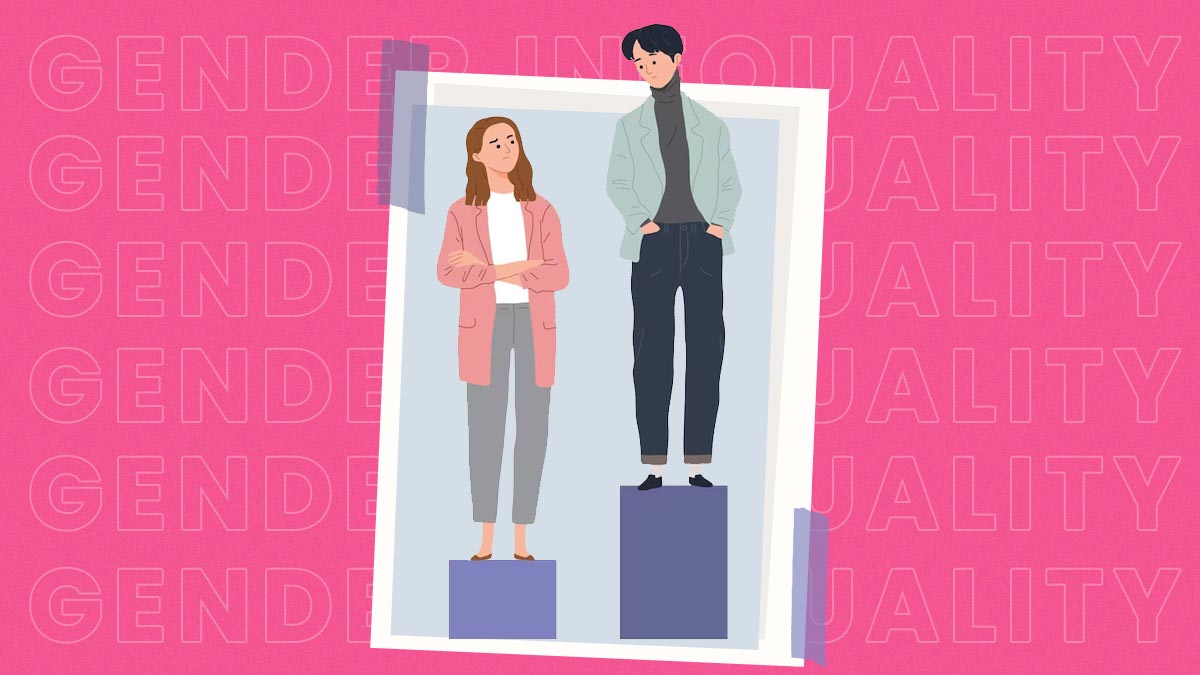
The Lancet's study emphatically calls for a seismic shift in Indian healthcare, a comprehensive framework that encapsulates the diverse experiences of women within a gender-responsive health system. They underline the necessity for an equitable cancer workforce and research ecosystem, rooted in ethical values of justice, kindness, and inclusivity, not just in research but also in policymaking.
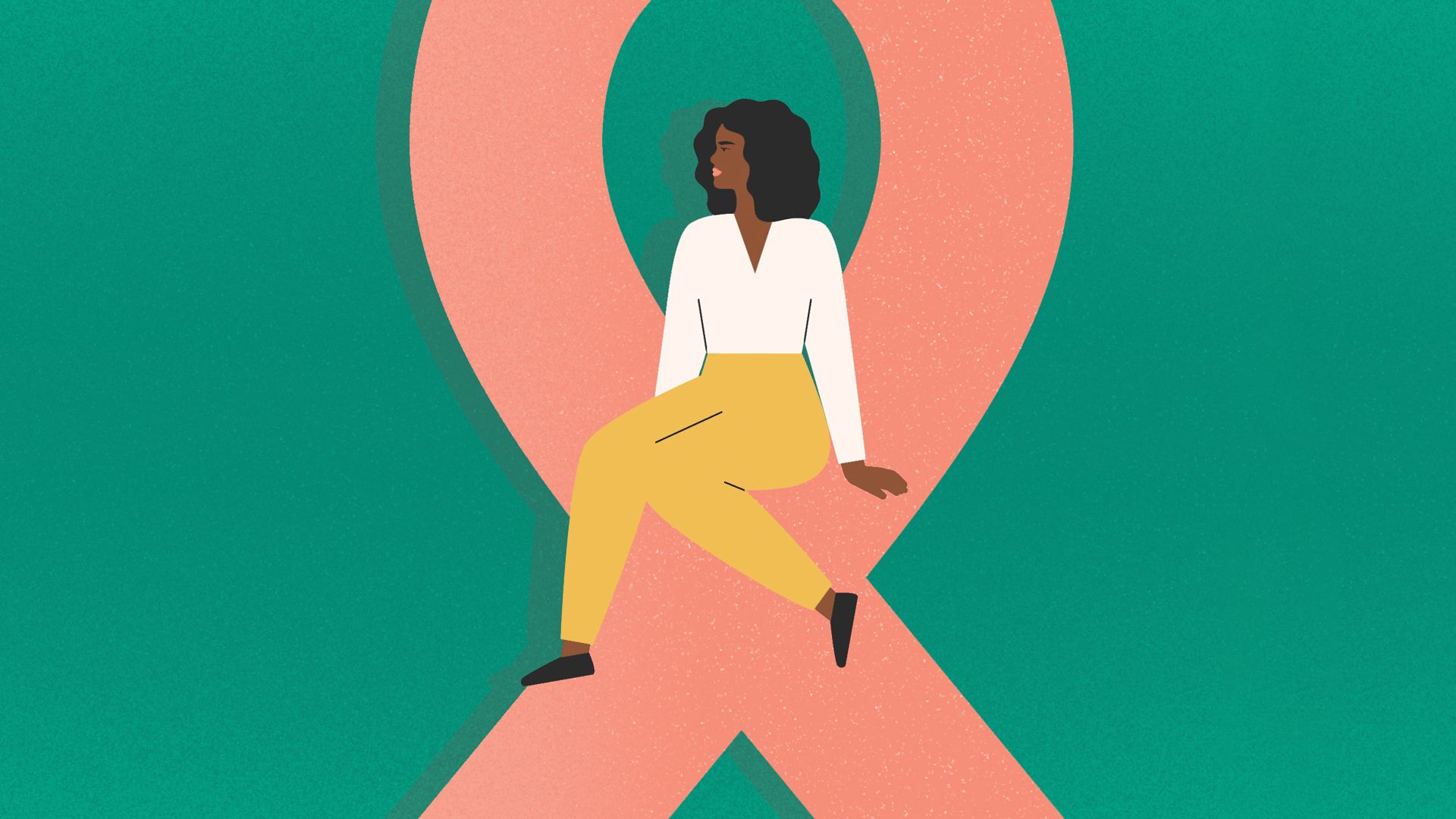
A Call to Action:
In a bold challenge, the Lancet researchers beckoned the entire healthcare fraternity to introspect on their stance concerning gender equality in healthcare provision. They lay bare the prevalent gender and social hierarchies within the industry, urging a relinquishment of inherent biases to ensure equitable treatment for all cancer patients.
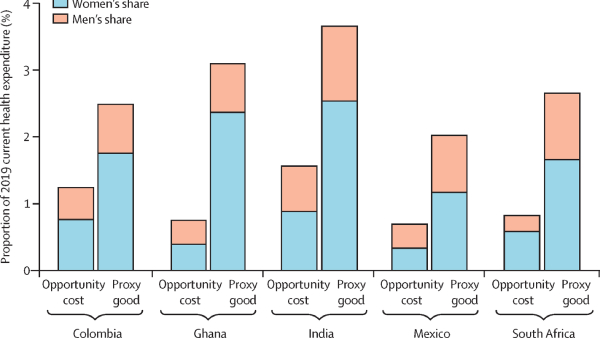
Pic Source: Lancet
The Lancet's findings serve as a clarion call for action, demanding a radical transformation in healthcare attitudes and policies. Only through a collective commitment to gender parity and inclusivity can the tide of preventable cancer deaths among Indian women be stemmed. It's time for the healthcare realm to rise above entrenched biases and pave the way for a future where every individual receives fair and equal access to quality care, regardless of gender or societal standing.
© Copyright 2023. All Rights Reserved Powered by Vygr Media.

